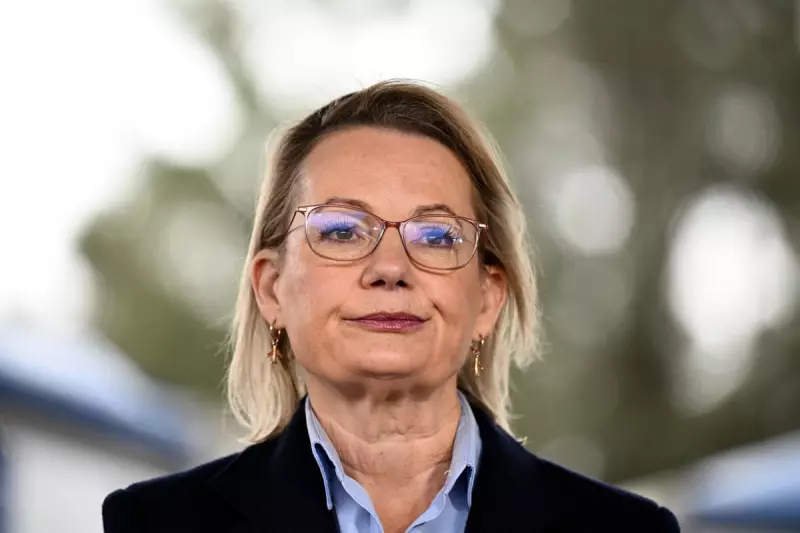
Deputy Liberal leader Sussan Ley has been forced into an embarrassing clarification after declaring the Coalition "doesn't believe in setting climate targets" during a radio interview that sparked immediate political backlash.
Controversial Comments Spark Outrage
Ley's remarks, made during an appearance on ABC Radio National, suggested the opposition party would abandon Australia's commitment to measurable climate goals. "We don't believe in setting targets," she stated bluntly, adding that the Coalition preferred "looking at the outcomes" without specific benchmarks.
The comments immediately drew fierce criticism from climate activists, political opponents, and environmental groups who accused the Coalition of abandoning climate responsibility.
Rapid Backtracking and Damage Control
Within hours, Ley issued a statement claiming she had "misspoken" and that the Coalition remained committed to Australia's Paris Agreement targets. She insisted the opposition supported "technology not taxes" as their primary approach to emissions reduction.
Shadow climate change minister Ted O'Brien reinforced this position, stating the Coalition believes "in the targets that have been set" but would pursue different methods to achieve them compared to the Labor government.
Political Fallout and Expert Reactions
Climate Council CEO Amanda McKenzie condemned the original remarks as "dangerous and irresponsible," warning that abandoning targets would undermine Australia's climate efforts.
Energy Minister Chris Bowen seized on the incident, accusing the Coalition of wanting to "take Australia out of the Paris Agreement through the back door" and return to climate policy paralysis.
Coalition's Climate Policy Under Scrutiny
The controversy comes as Opposition Leader Peter Dutton faces increasing pressure to clarify the Coalition's climate policy direction. The party has been criticised for lacking detail on how it would meet Australia's 2030 emissions reduction target of 43% below 2005 levels.
Political analysts suggest the incident highlights ongoing divisions within the Coalition regarding climate policy and the challenge of balancing traditional energy sectors with growing voter demand for climate action.





